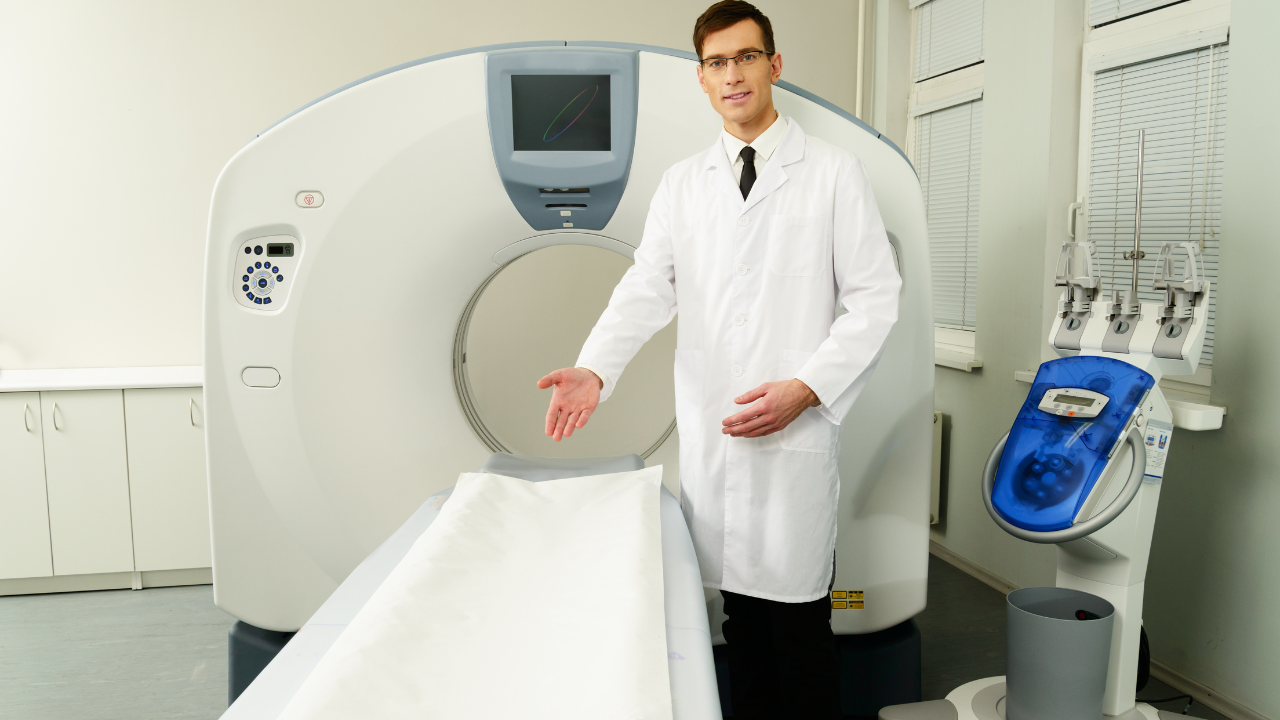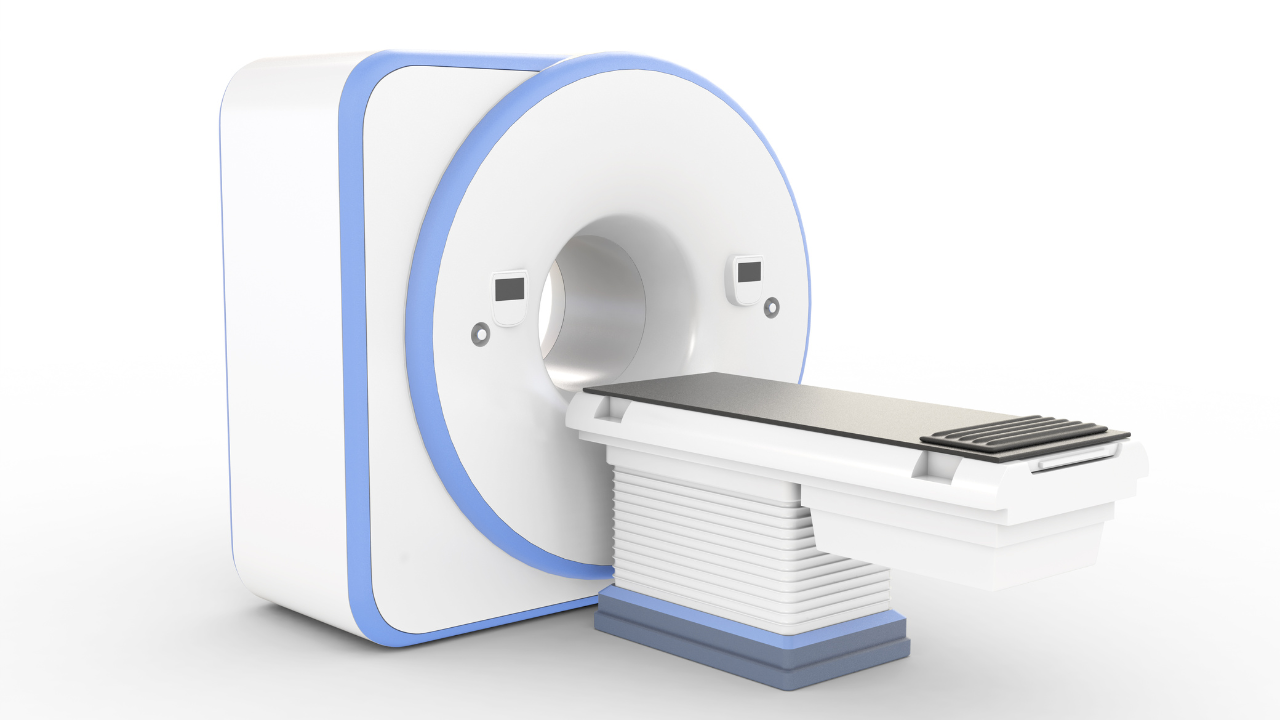Blog and News

Why Might I Need A Knee MRI scan?

Magnetic resonance imaging (MRI) of the knee is done to:
- Check for the cause of unexplained knee pain or the knee giving out for no reason.
- Find problems in the knee joint, such as arthritis, bone tumors or infection, or damaged cartilage, meniscus, ligaments or tendons.
- Find out if knee arthroscopy is needed.
MRI may also find a bone fracture when X-rays and other tests do not give a clear answer. MRI is done more commonly than other tests to check for certain bone and joint problems.
There are no known harmful effects from the strong magnetic field used for MRI. But the magnet is very powerful.
Reasons you may not be able to have a knee MRI scan or why the results may not be helpful include:
- Metal devices in your leg from previous surgery. These may make the MRI pictures blurry and prevent your doctor from seeing what is wrong with your knee.
- Pregnancy. An MRI test usually is not done during pregnancy.
- Medical devices that use electronics, such as a pacemaker or medicine infusion pump. The MRI magnet may cause problems with these devices.
- If you are not able to remain still during the test.
- Obesity. A person who is very overweight may not fit into the opening of some standard MRI machines.
The radiologist may discuss preliminary results of the MRI with you right after the test. Complete results are usually available for your doctor in 1 to 2 days. “Normal” results of a knee MRI scan can include:
- The ligaments, meniscus, tendons, bones, and joints look normal in size, shape and location.
- No growths, such as tumors, are present.
- No broken bones (fractures), extra fluid or loose bodies are present.
- No signs of inflammation or infection in bones, joints or soft tissues are present.
Abnormal results might include:
- Bones show an injury or a fracture. The MRI also may show a collection of fluid, which could mean an infection is present.
- Ligament or meniscus tears are present.
- Tendon tears are present. The MRI may also show a thickening, meaning surgery or a tear you had in the past or repeated stress.
- Growths, such as tumors, are present.
- Changes common to arthritis are present.
If your physician instructs you to have a knee MRI done, consider Fox Valley Imaging as a faster, more convenient and more economical alternative to a local hospital or other medical diagnostic services.
Fox Valley Imaging’s services include fluoroscopy/arthrography, high field MRI/MRA, digital general x-rays, ultrasound, multidetector CT/CTA and DEXA. Appointments can be made by calling 630.416.1300.






